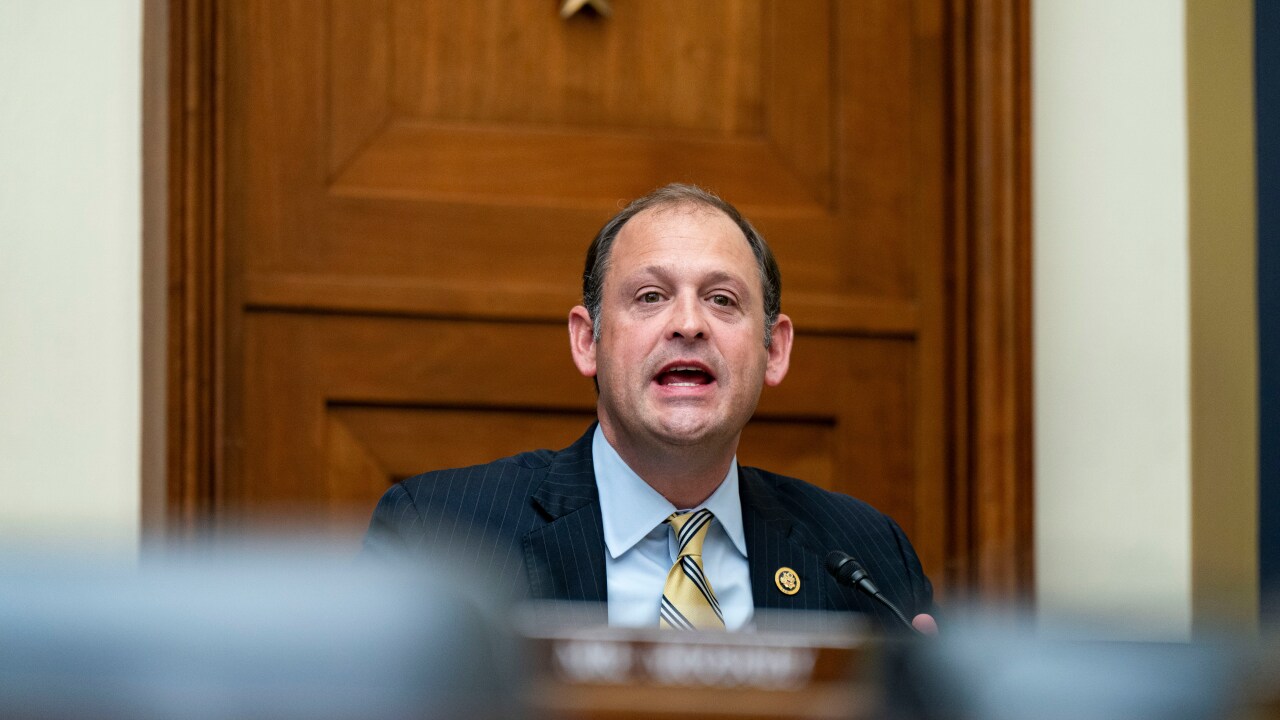
Natasha Holiday, whose one-year term as chair of the board of directors of the Municipal Securities Rulemaking Board begins Oct. 1, realized something as a child growing up in the Midwest that helped propel her toward a career in public finance.
"I grew up in Cleveland, Ohio, with my mom and she delivered newspapers for a living," Holiday told The Bond Buyer, adding that on weekends she would help her mother deliver papers in a more affluent community and then return to her older neighborhood. "And I could see the impacts of infrastructure on quality of life."
That realization about the link between public infrastructure and quality of life stuck with Holiday and it was something she would talk about. So when someone eventually suggested public finance as a career option for her, "that sounded like an ideal place to spend my time and make an impact," recalled Holiday, now a managing director and co-head of Infrastructure East at RBC Capital Markets.
"I think our industry really has that direct connection to people and places and things that directly tie back to quality of life, and that's always been a very rewarding part of what we do," she said.
A self-regulatory organization established by Congress in 1975, the MSRB serves as the roughly $4 trillion municipal securities market's principal regulator. Initially authorized to regulate the activities of broker-dealers and banks that buy, sell and underwrite municipal securities, the MSRB's authority was expanded by Congress in 2010 to include regulation of municipal advisors.
"I think, overwhelmingly, all of our market participants are wanting the same thing and that's really a thriving municipal market," she said, adding that market participants want "a fair, competitive landscape; regulation that aids investor and issuer protections and, of course, market transparency."
In addition to working toward ensuring those goals are met, "removal of barriers to capital formation," will be another important area of focus for the MSRB during the coming year as it engages with the industry regarding the rulemaking process and retrospective rule reviews, Holiday said.
"From a regulation standpoint, … we're going to be looking at our G-27 rule – that's the dealer supervision rule – and looking if there's opportunity to provide more flexibility for dealer supervision obligations," she said.
During its final quarterly meeting of fiscal year 2025, held in July, the board approved the issuance of a request for comment on draft amendments to MSRB Rule G-27 to provide for greater flexibility in relation to dealer supervision requirements.
The MSRB will also be taking a look at MSRB Form G-32 with a view toward making compliance with that form easier, said Holiday, who acknowledged that filling it out can be a "cumbersome process" for dealers trying to ensure they are compliant and accurate.
Also during its FY 2026 fiscal year, the MSRB will initiate a retrospective review of its municipal advisor rules, she said.
"We look forward to engaging with our stakeholders throughout this process," Holiday said.
In addition, another important initiative the MSRB will be engaging in during FY 2026 is the creation of its new four-year strategic plan as it continues to fulfill its Congressional mandate, she said.
One area the MSRB is keeping an eye on is market infrastructure rules, Holiday said.
"Emerging practices in finance are really starting to move in the direction of decentralized structures including blockchain technology," she said. "And so we want to make sure that we're on top of the cutting-edge advancements in technology and aware of how it may impact our industry."
Also, during the interview, Holiday stressed the importance of maintaining the municipal bond tax exemption, echoing similar comments made in a recent Op-Ed by Warren "Bo" Daniels, her immediate predecessor in the role of chair of the MSRB's board. Daniels' term with the MSRB board expires Sept. 30.
Tax-exempt financing "is the most cost-effective way for American cities to build public infrastructure and to advance economic development," Holiday said, adding that the need for vigilance regarding the tax exemption remains despite the industry's success in shielding it from elimination as part of the One Big Beautiful Bill Act signed into law in July.





